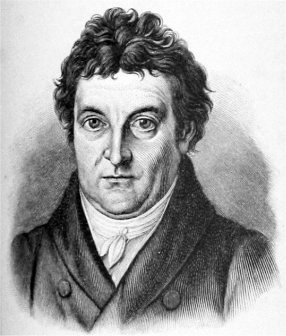„Alle Kraft des Menschen wird erworben durch Kampf mit sich selbst und Ueberwindung seiner selbst;“
Werke, Bd. 5, Zur Religionsphilosophie; de Gruyter 1971, S.224
Variante: Alle Kraft der Menschen wird erworben durch Kampf mit sich selbst und Überwindung seiner selbst.
